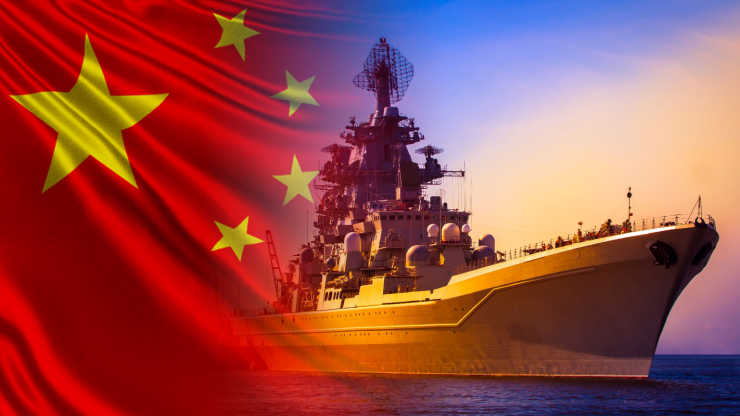At the Unz Review, Ron Unz considers the inevitability of war with China, as one major power seeks to supplant another. He draws historical context from the work of Graham Allison. Unz begins:
Over the last couple of years I’d begun seeing our growing conflict with China described as an inevitable consequence of “the Thucydides trap” but hadn’t been entirely sure of the source of that idea. Decades ago, I’d had a very strong interest in Classical Greek history, so the reference was obvious to me: the bitter rivalry between a dominant Sparta and a rising Athens that had led to the decades long Peloponnesian War that devastated Greece. But only recently did I discover that the term had been popularized in Destined for War, a 2017 national bestseller by Harvard’s Graham Allison, which had followed his earlier 2015 Atlantic article on the same subject.
Although I’d never read any of Allison’s previous works, he’d become the founding dean of Harvard’s Kennedy School of Government just a couple of years before I’d entered the college as a freshman so I’d been quite familiar with his name for decades. His topic concerned me so I decided to read his relatively short book as well as his original article on the same subject.
Allison’s entire academic career has been extremely sober and respectable, and this surely magnified the impact of his incendiary title and dramatic prediction. The front of the paperback edition was packed with a remarkable ten pages of glowing endorsements by a long list of the West’s most prestigious public figures and intellectuals, ranging from Joe Biden to Henry Kissinger to Gen. David Petraeus to Klaus Schwab. It seemed obvious that his message had struck a deep chord, and his national bestseller received enormous acclaim, being selected as a book of the year by the New York Times, the London Times, the Financial Times, and Amazon. So even as far back as six years ago, the serious possibility of an American war with China had become a very hot topic to our political and intellectual elites.
Allison’s reasoning was simple yet compelling. As he explained in the opening of his original 2015 article, although war between China and America might seem unlikely or even unthinkable, a broad consideration of historical analogues suggested otherwise, with the unexpected outbreak of World War I being the most obvious example.
Following the end of the Cold War and the collapse of the Soviet Union more than three decades ago, America had emerged as the sole, unchallenged global superpower. But over the last generation, the tremendous growth rate of the Chinese economy had propelled it past America’s in real size, the first such transition since our own country had overtaken Britain near the end of the 19th century. China’s technological progress had been equally rapid, and in our modern world these constitute the raw elements of global power, while China had also begun bolstering its military, not previously a high priority.
I’d certainly been well aware of these same trends and several years earlier I’d published a long article of my own on the contrasting trajectories of China and America, but I’d never considered military conflict as a realistic possibility.
However, when Allison and his associates sifted the last 500 years of history to locate cases in which the rapidly growing power of a rising nation had threatened to overtake that of a dominant reigning one, they discovered that in well over half the examples—12 out of 16— the result had been war.
Read more from Unz here.
If you’re willing to fight for Main Street America, click here to sign up for the Richardcyoung.com free weekly email.






